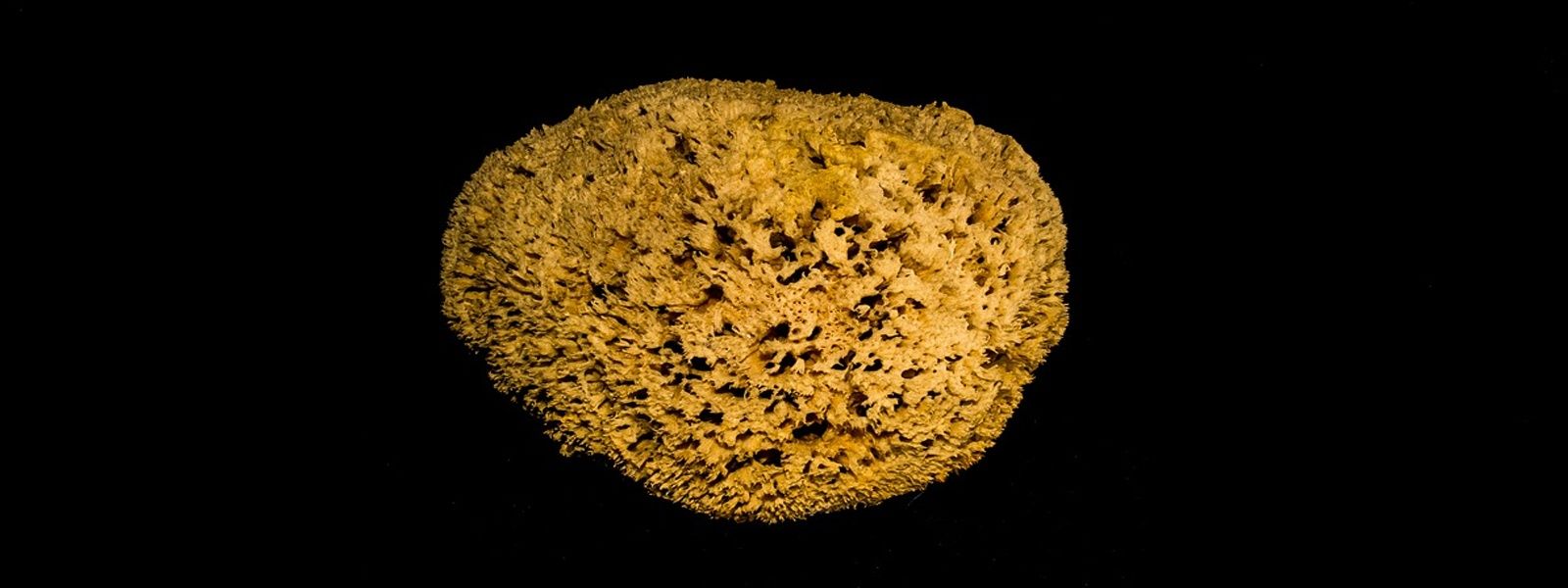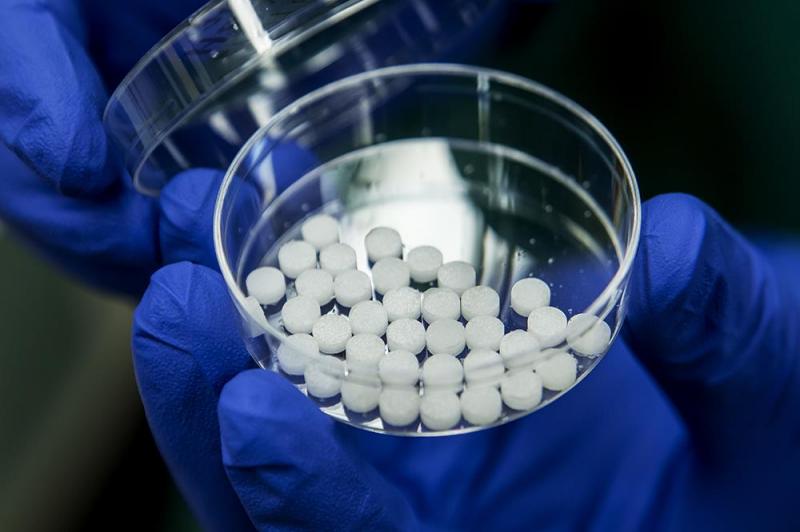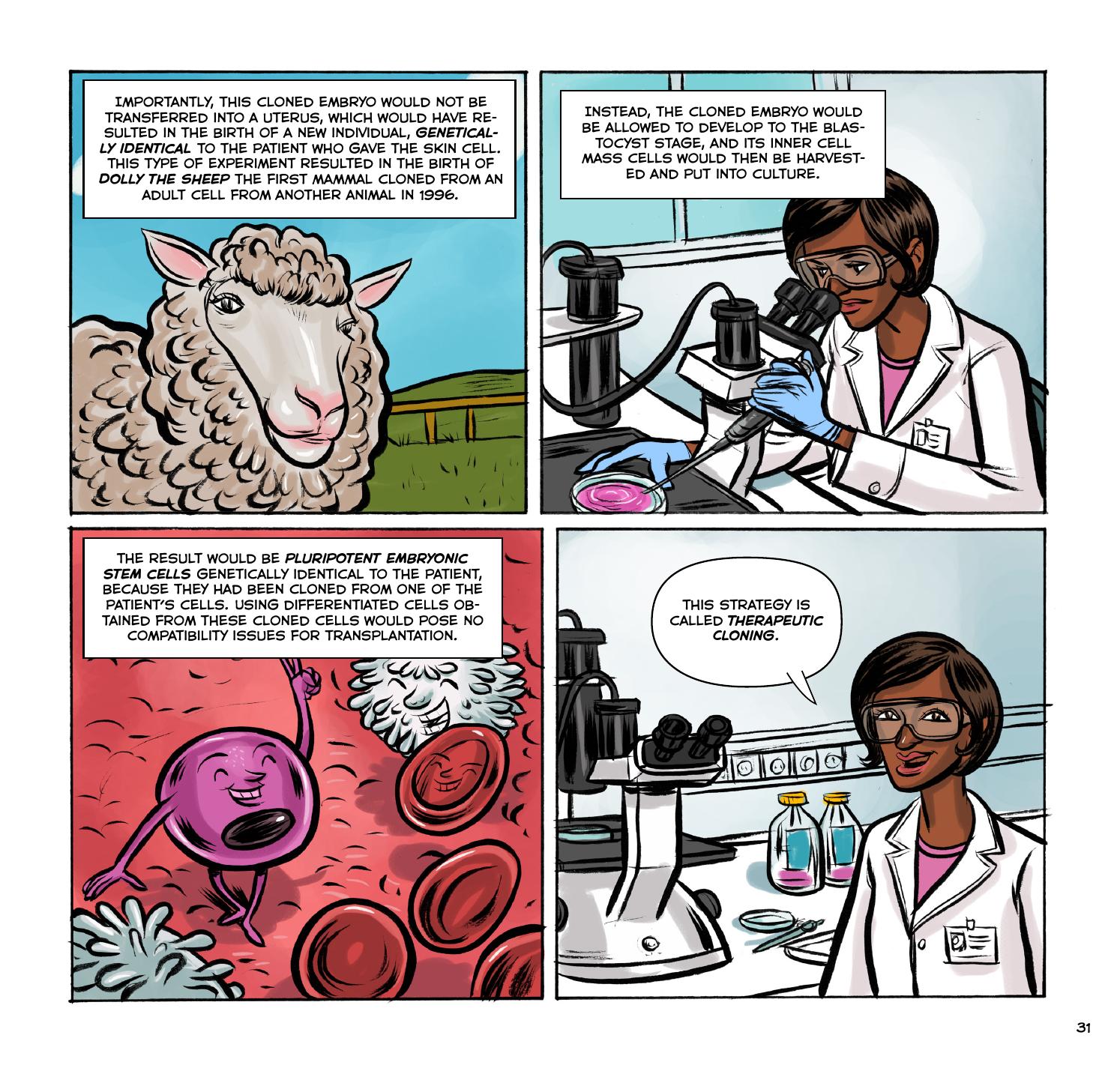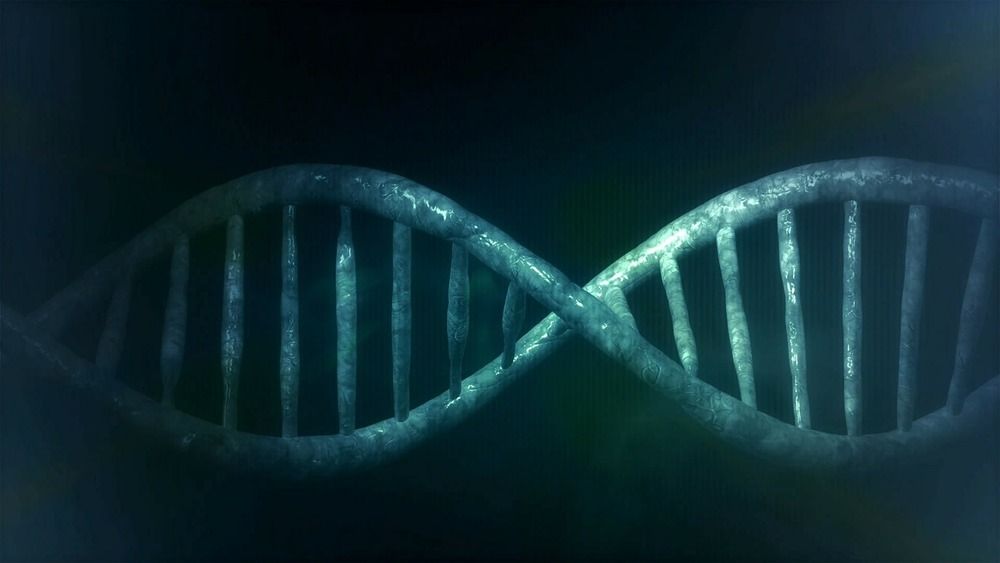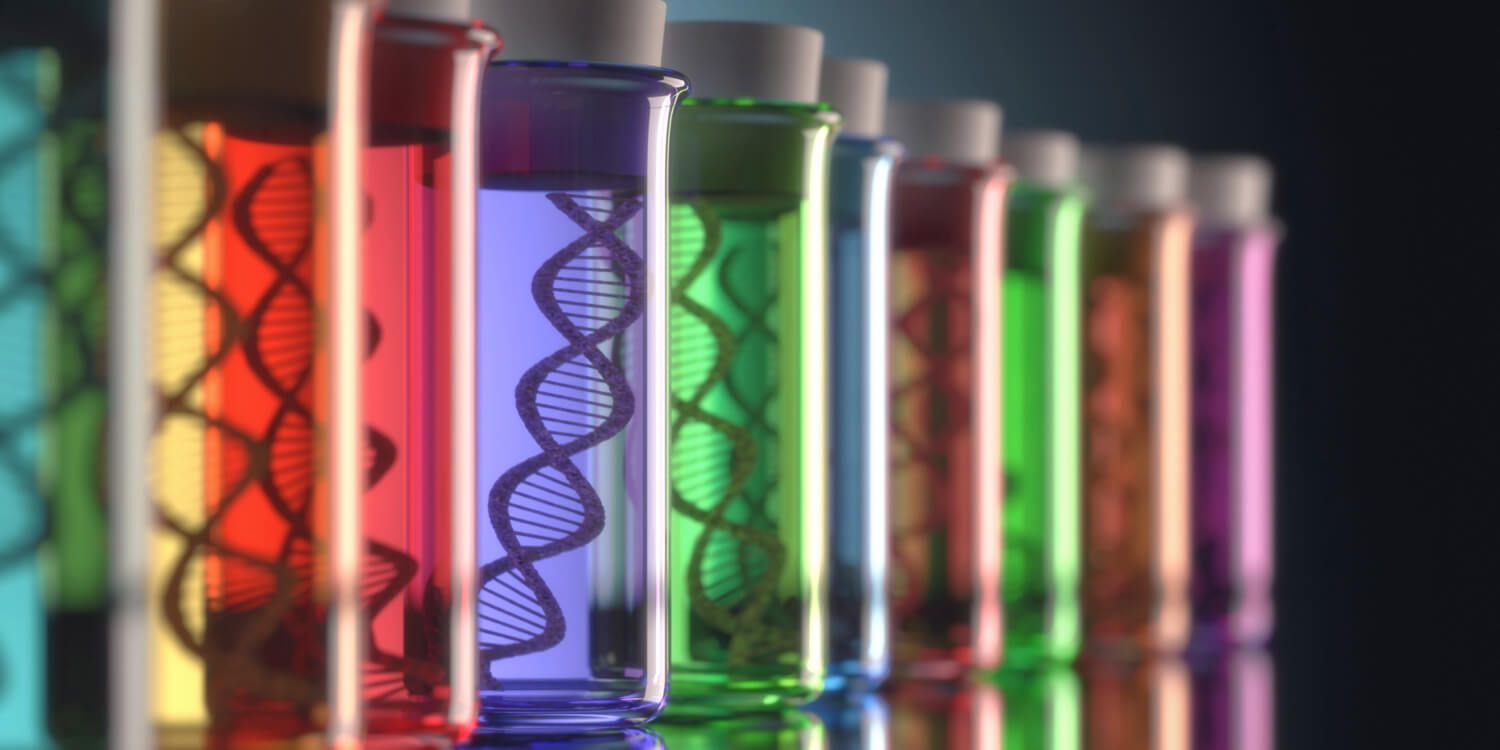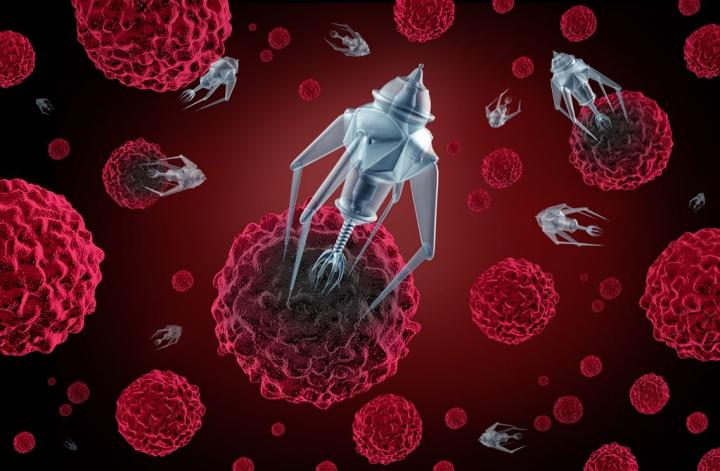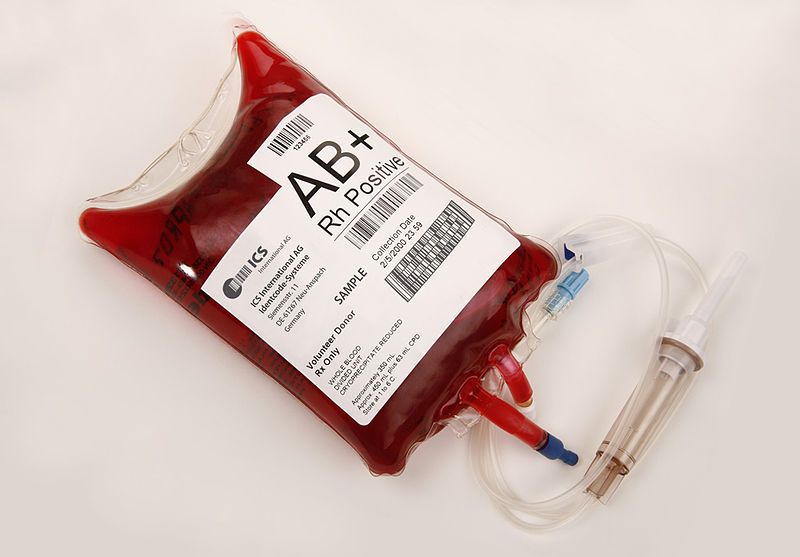Sep 11, 2015
The 5 common traits of negligibly senescent species
Posted by Valentina Lencautan in categories: biotech/medical, food, life extension, neuroscience
The biology of aging is traditionally studied in fast-living organisms such as mice, worms and fruit flies. Short-lived species certainly have a role to play in this field, but they are only the tip of the iceberg.
Within the natural ecosystem, organisms display a range of aging processes, most often accelerated aging, or gradual aging (in the case of humans), but also, a range of species with slow or even negligible aging, which is known as negligible senescence. Unlike humans, such species have a constant mortality rate for the duration of their lifespan, as well as a constant or even increasing fertility rate. The number of negligibly senescent species which we are currently aware of is likely to grow as more and more are studied and discovered, both in the wild and in the lab.
By studying the processes which give these creatures longer lifespans, there is the possibility that they could be recreated in humans in order to extend our own. How negligible senescence is achieved by each individual species varies, but here are five of the most common traits.
